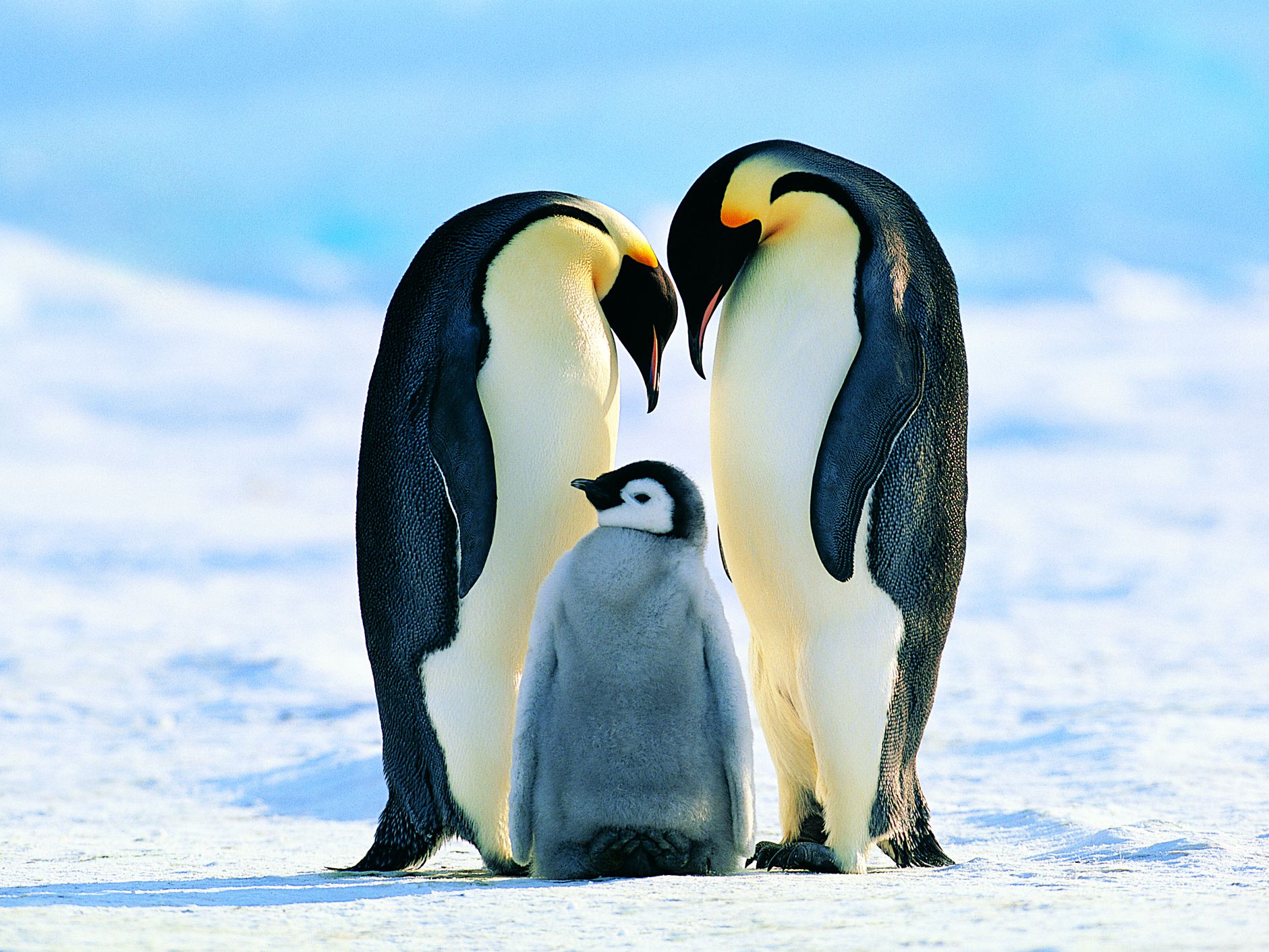Emperor penguins face extinction and that is a result of rising global temperatures and sea ice loss. The emperor penguin species live in Antarctica. Today’s completed Endangered Species Act of the United States government published today the possibility of their extinction. In the document are all animals facing gradual disappearing.
According to the US Fish and Wildlife Service, emperor penguins should be legally protected. They build colonies and raise their young on Antarctic ice. The Antarctic ice is under serious threat by climate change.
The wildlife agency stated that a thorough review of the evidence, including satellite data dating back 40 years, revealed that the penguins are not currently in danger of extinction. Although, rising temperatures indicate that they may be. The agency’s review came only after the environmental group Center for Biological Diversity petitioned to insist to list the bird under the Endangered Species Act in 2011.
Emperor penguins face extinction – their babies are drowning in melted ice!
According to the US government, climate change has caused breeding failures in colonies. According to the government, the Halley Bay colony in the Weddell Sea, the world’s second-largest emperor penguin colony, experienced several years of poor sea ice conditions, resulting in the drowning of all newborn chicks beginning in 2016.
The endangered status will encourage international conservation cooperation, increase funding for conservation programs, and require federal agencies in the United States to take steps to reduce threats.
Shaye Wolf, the Center for Biological Diversity’s climate science director, described Tuesday’s designation as a warning that emperor penguins require “urgent climate action” to survive.
Reducing fossil fuels can avert climate change
The penguin’s very survival is dependent on the US government taking strong action now. It has to reduce climate-heating fossil fuels and avert irreversible damage to species on Earth, according to Wolf.
The Endangered Species Act of 1973 is responsible for saving several animals from extinction. Among the saved animal species are grizzly bears, bald eagles, gray whales, and others. Some industries, including drilling and mining, do not like the law. The law prevents them from developing areas that are necessary for maintaining biodiversity.

